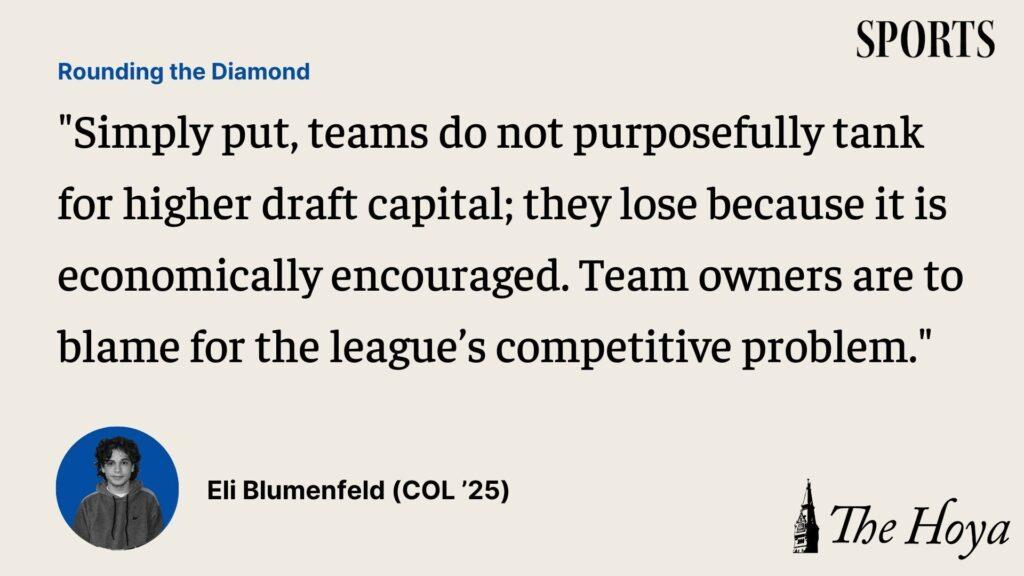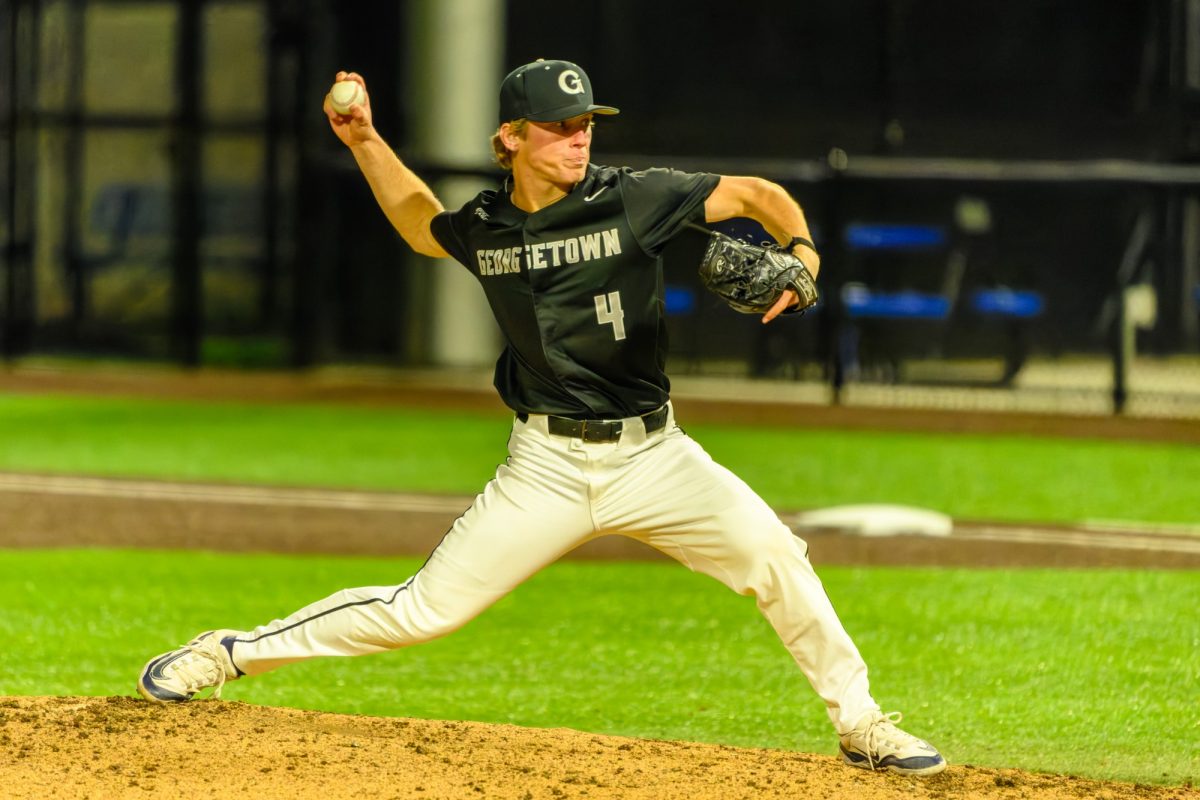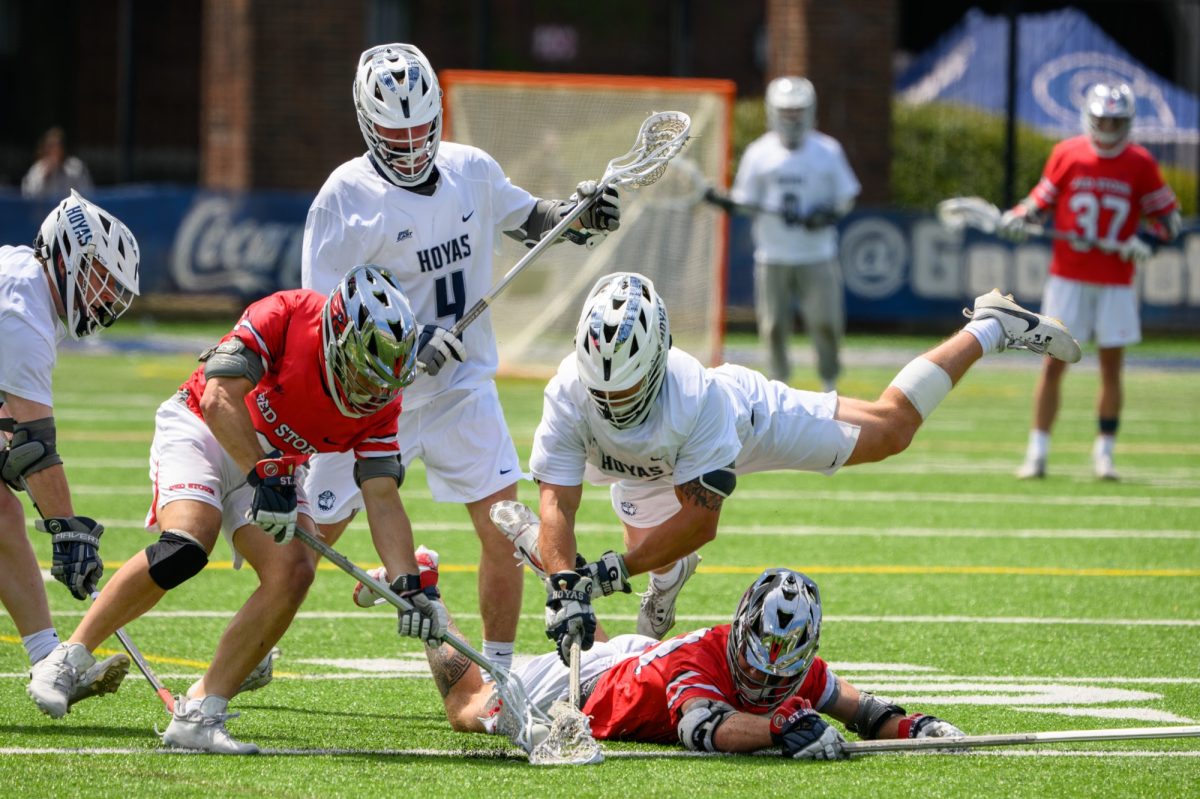In his most recent press conference about the ongoing Collective Bargaining Agreement (CBA) negotiations, Major League Baseball (MLB) Commissioner Rob Manfred confirmed some major changes for the new labor agreement, including the addition of a universal designated hitter (DH), the elimination of draft pick compensation and the introduction of a draft lottery.
Let’s take a closer look at some of these changes.
To start, I believe the universal DH is a good implementation for baseball and will increase the quality of play. I understand the complaints about the history, interleague differentiation and strategy, but pitchers in 2021 batted a putrid -18 on-base slugging plus (OPS+). They slashed an unimpressive .110 batting average (BA), a .150 on-base percentage (OBP), a .142 slugging percentage (SLG) and totaled 4829 plate appearances and 2135 strikeouts. This means that 44.2% of all pitchers’ plate appearances ended with a strikeout, curbing much offensive momentum and diminishing the quality of play.
Adding a universal DH would promise more at-bats for better hitters and fewer at-bats for worse hitters while also decreasing injury risks for pitchers. This addition was a no-brainer decision, and should have been implemented years ago.
Now, regarding the more intriguing inclusions in the newest-proposed CBA, draft pick compensation is a great place to start. When a free agent rejects a qualifying offer from their current team and subsequently signs with another club, the previous team receives an early draft pick — after the first or second round, depending on the length of the new contract — while the new team loses their second-highest draft pick.
I don’t think the elimination of such draft pick compensation from the CBA will do as much as the MLB and the MLB Players Association have hoped. Instead of gaining a significant prospect return for a player on the way out via trade, selling teams will now have to settle for a lesser offer from opposing teams and thus accept a lesser return on their players, since removing draft pick compensation will eliminate sellers’ leverage.
Why would a team not just wait to sign a player in the off-season, thereby giving up no draft capital? Buying teams know that their selling counterparts cannot receive any compensation for a player who leaves in free agency and that these sellers will have to settle for lesser offers on impending free agents.
The elimination of draft pick compensation will only worsen the league’s parity; bad, small-market teams will lose their best players for less while good teams will get better without having to trade away their elite prospects.
To touch on the final component, the inclusion of draft lottery, I believe the implementation of an MLB draft lottery is worthless and disregards the unique nature of the draft.
First, prospect success in the MLB is much less guaranteed than in other professional American sports. Unlike the NBA and NFL drafts, where the number one overall picks are the leagues’ best, the touted “best” player in the MLB Draft class is often not selected first.
Instead, with the unique structuring of the MLB Draft, in which teams are allotted only a certain pool of cash to sign their picks, many MLB teams economically strategize their draft capital — rather than simply choosing the best player available.
Take the 2019 draft class of the New York Mets with the selection of Brett Baty. A “reach” in the first round, the Mets signed Baty under slot value with a $3.9 million deal, below the $4.37 million value of the 12th overall pick. With the money saved by opting to not go for the consensus best player available, the Mets were also able to sign Matt Allen, a projected first-round pick with a strong commitment to Florida, in the third round for $2.5 million — well above his $667,900 slot value.
Simply put, teams do not purposefully tank for higher draft capital; they lose because it is economically encouraged. Team owners are to blame for the league’s competitive problem; many owners of small market franchises enjoy the revenue received solely by existing as an MLB franchise and league-wide revenue sharing and are content to lose.
Rob Manfred has failed to recognize that the MLB has a competitiveness problem, not a tanking problem.
We’ll just have to wait and see how all changes will affect the future of the MLB –– and hopefully with an end to the lockout period, we can get back to some good baseball.
Eli Blumenfeld is a first-year in the College. Rounding the Diamond appears online and in print every six weeks.















